Guidelines for Renewing Democracy
In Raymond Boudon’s keynote address to a conference organised by the Fondation pour l’innovation politique in January 2007 he outlined the practical consequences of the theory he had developed in his recent work, Renouveler la démocratie. Éloge du sens commun (Éditions Odile Jacob, October 2006). This text is followed by an afterword by Professor of Philosophy Dominique Lecourt. According to Raymond Boudon, symptoms afflicting contemporary democracies, particularly France, suggest an illness which requires immediate treatment to avoid future complications. These symptoms include the proliferation of laws, politics dominated by corporate power struggles, confusion between equality and equity, and the primacy of the compassionate over the rational.
Worse still are the “illegitimate conversions” of various forms of power among themselves: political, economic, judicial, media-based, or social. To reverse these trends, Europe must renew its commitment to the fundamental principles of democracy and, first and foremost, to the notion of the “impartial spectator”. The “impartial spectator” in this sense, is meant to reflect what a citizen should be, individually motivated by sound reasoning and collectively by common sense. According to Boudon, representative democracy is the only system in which such a citizen can realize his full potential. It is also the only way he can become a “source of law” in the direct line of the liberal tradition bequeathed by the Enlightenment, referring to common sense more than to his or her own particular interests or passions.
Democracy can thus build consensus on views shared by the majority rather than vacillate under the pressure of interest groups and public protests. Lastly, it is now urgent to widen the gap between the various powers by strengthening some of them—the legislative branch, for example—and reaffirming the independence of others such as the judiciary, or by limiting media power.

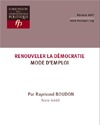

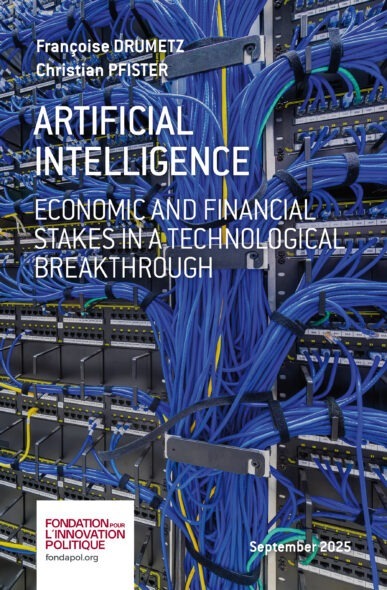
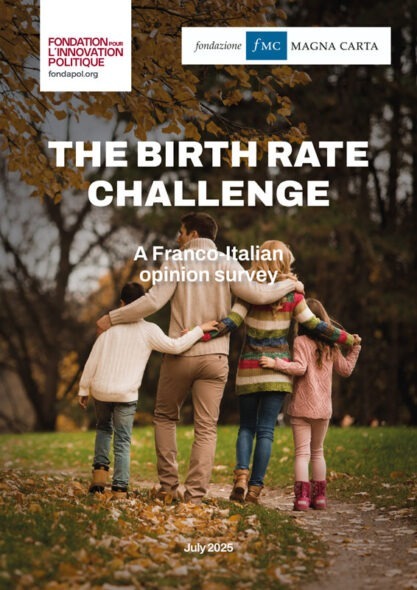

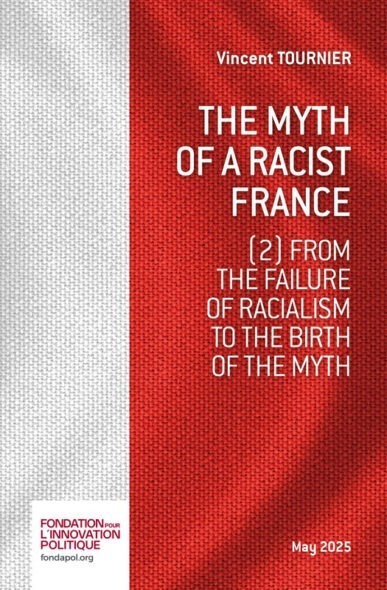

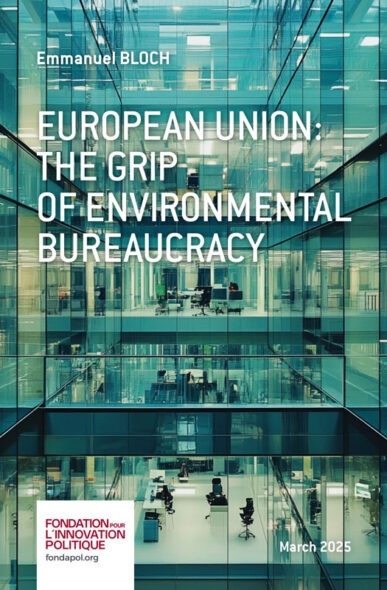
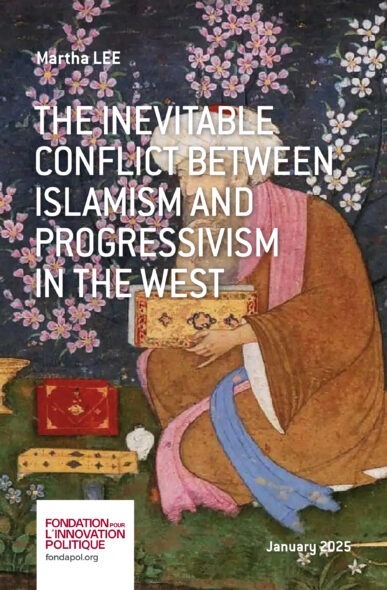

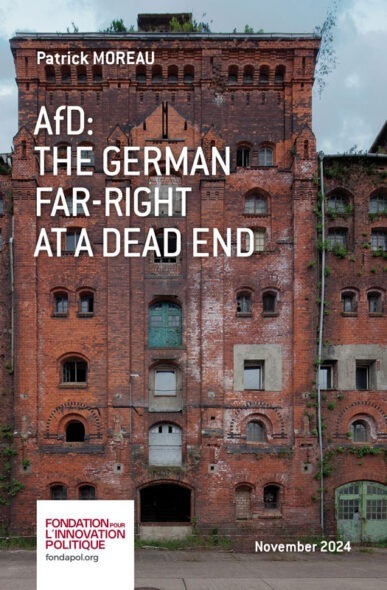
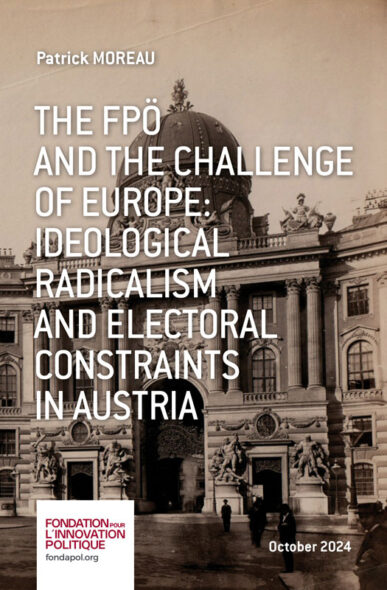
No comments.